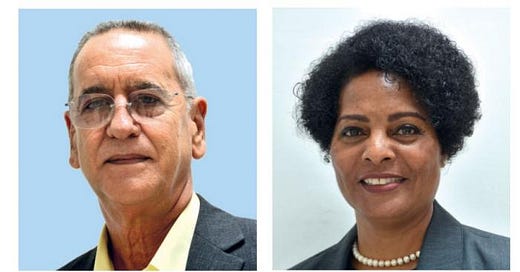Cuba names four new ministers
The quest for economic and food sovereignty, tied to scientific development
The Cuban Council of State approved the proposal of Cuban President Miguel Díaz-Canel to name four new ministers to head the ministries of: Economy and Planning; the Central Bank of Cuba; Food Industry; and Science, Technology, and Environment. The four ministries play a central role in the planning and management of the economy. The changes come at a time in which the economy is experiencing insufficient production and high inflation; caused principally by the intensification of the U.S. blockade, the decline in tourism due to the pandemic, and recent errors in state planning and direction of the economy.
The naming of four new ministers was announced in Granma (the daily newspaper that is the Official Organ of the Central Committee of the Communist Party of Cuba) and in Cubadebate (a digital publication managed by prominent Cuban journalists). Granma and Cubadebate are the most reliable sources for news about Cuba.
The Council of State is the body that represents the…


